Withdrawing cash from your bank account might seem straightforward, but making a mistake can lead to a delay in getting your hand on your cash. Experienced bank tellers are advising people to be more careful with their cash and have advised of these 21 common mistakes people make:
Not Bringing Proper Identification
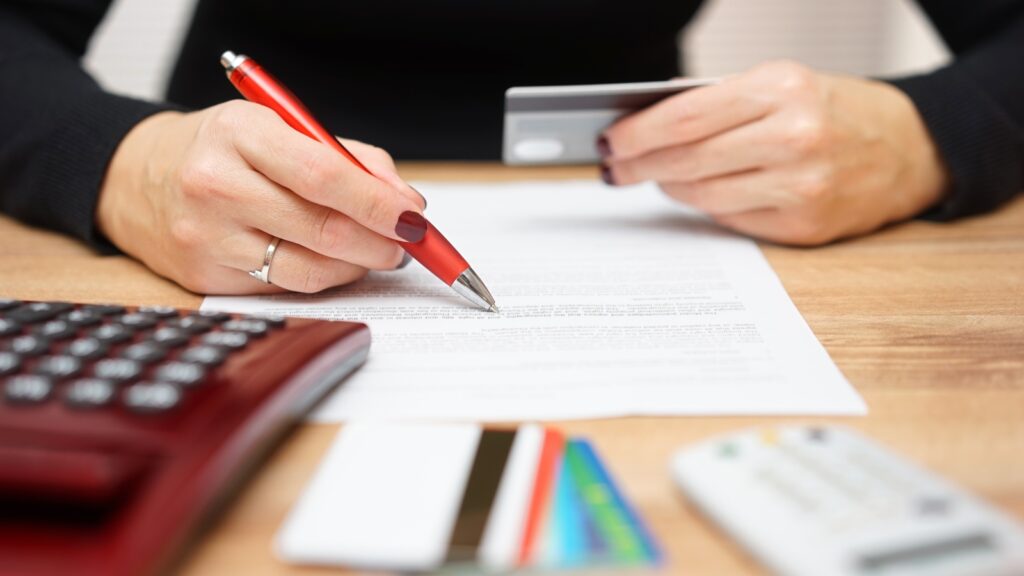
One of the most common mistakes people make is not bringing the correct identification for larger bank withdrawals. Banks often require a valid photo ID for substantial transactions to comply with financial regulations. Forgetting your ID can result in delays and frustration, so you should always check the bank’s requirements before going there.
Ignoring Withdrawal Limits
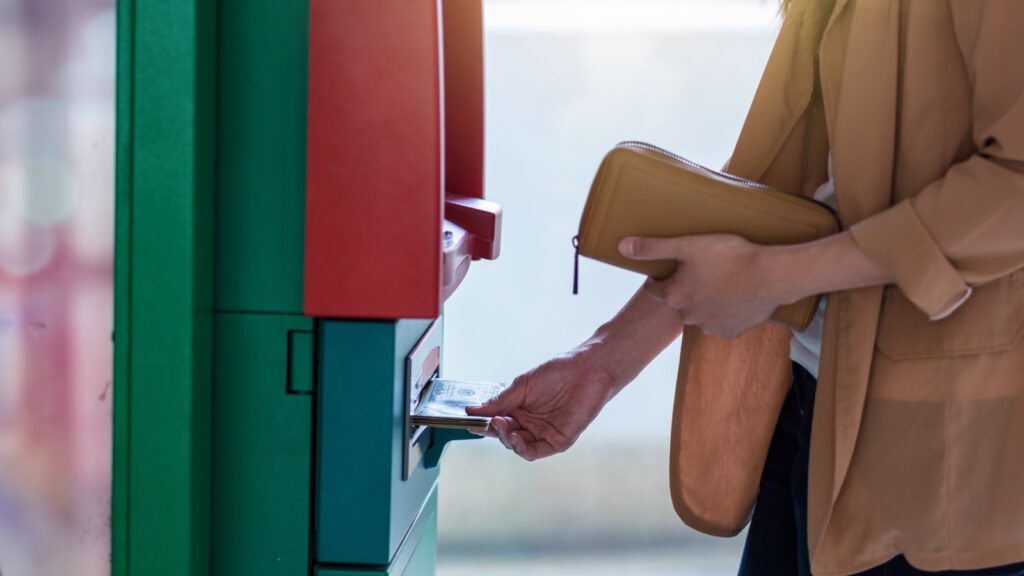
Banks have daily withdrawal limits, between $500 and $300, at ATMs and in-branch. Limiting withdrawal amounts helps manage cash flow and minimizes risk for customers. Exceeding these limits can result in declined transactions or additional fees so understanding your bank’s policies is important. Some accounts allow you to request a temporary increase in your limit, so consider contacting your bank if you anticipate needing more cash.
Using the Wrong Account

People often withdraw money from the wrong account, which can happen if you have multiple accounts at the same bank. This error can lead to overdraft fees and complications in managing your finances, especially if you use a business account in error. Always double-check which account you are accessing before making a withdrawal to avoid unnecessary charges and confusion.
Forgetting to Record Transactions
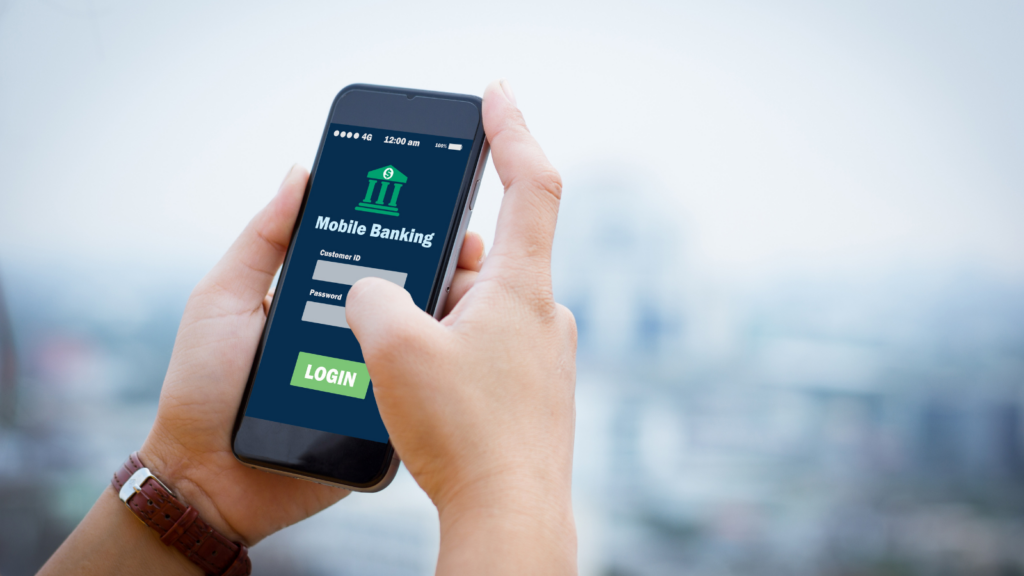
Failing to record your cash withdrawals can lead to an inaccurate account balance and potential overdraft fees. While not many people balance a check book these days, it’s still important to know exactly where you hard-earned wages are being spent. Keeping track of all transactions, whether through a check register, mobile banking app, or personal finance software, helps you stay on top of your finances and avoid surprises.
Not Checking for Fees
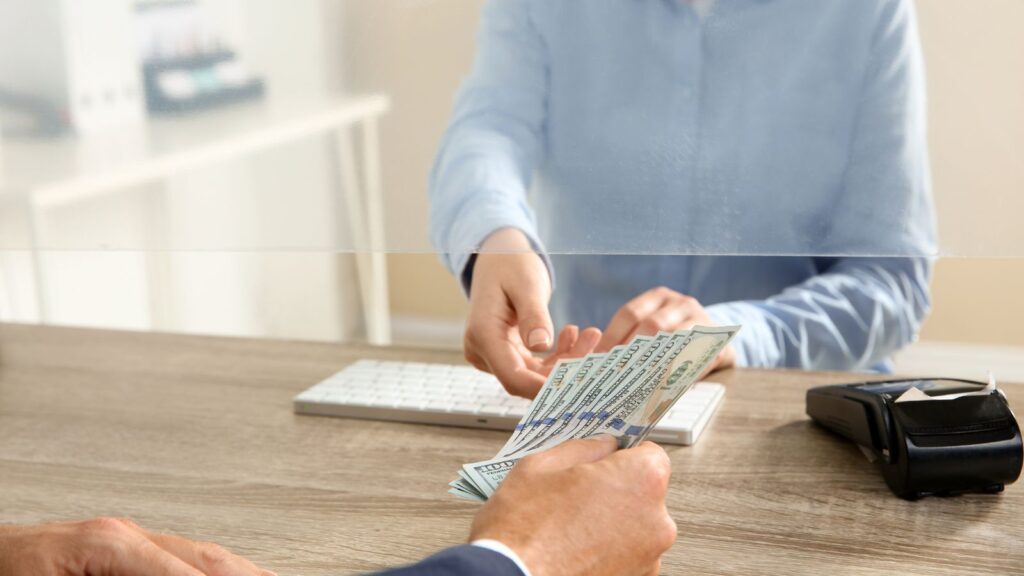
Many banks charge fees for certain types of withdrawals, such as using ATMs outside of their network. These fees can add up over time, so always check your bank’s fee schedule and try to use in-network ATMs or visit a branch to minimize withdrawal costs. Also, some banks offer accounts with no ATM fees, which can be a worthwhile consideration.
Withdrawing Large Amounts at ATMs
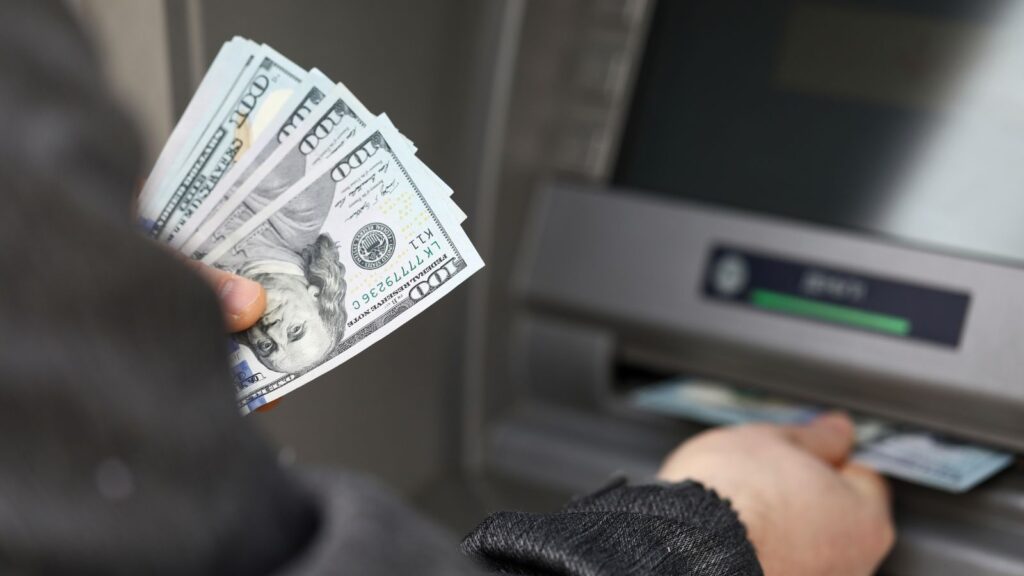
It can be risky to withdraw large sums of money at ATMs as there could be opportunists lurking to steal your cash. According to Loomis, ATM thefts doubled in 2021 from the previous year as opportunists pounced on naive customers. It’s safer to withdraw larger amounts inside the bank where security measures are in place.
Neglecting Security Precautions
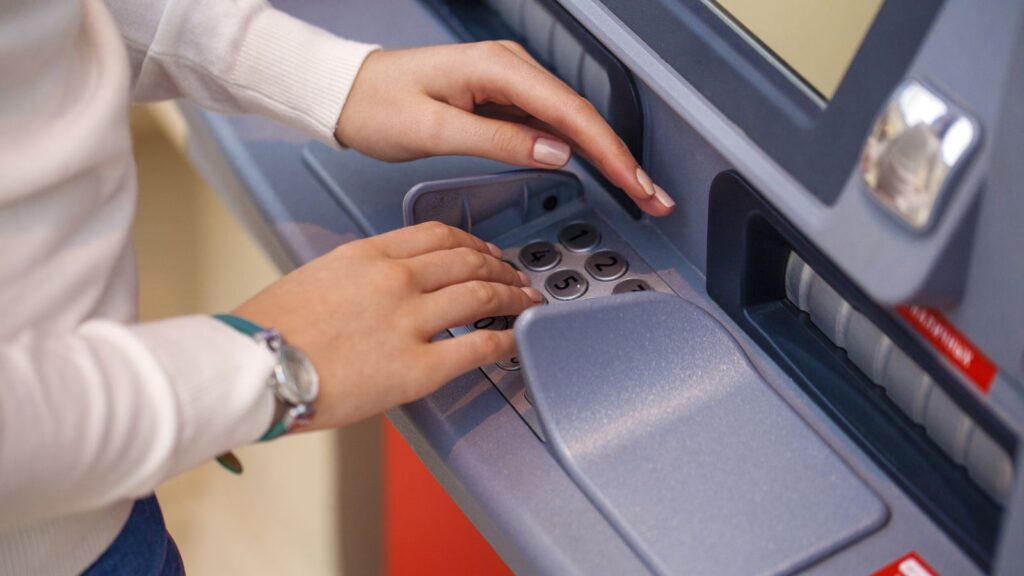
Neglecting basic security precautions , such as checking nobody is too close to you or looking at your cell phone for your pin number, during cash withdrawals can lead to fraud or theft. You should always shield your PIN when entering it at an ATM and be aware of your surroundings, which is why it’s best to avoid using ATMs in poorly lit or secluded areas.
Overlooking Online Banking
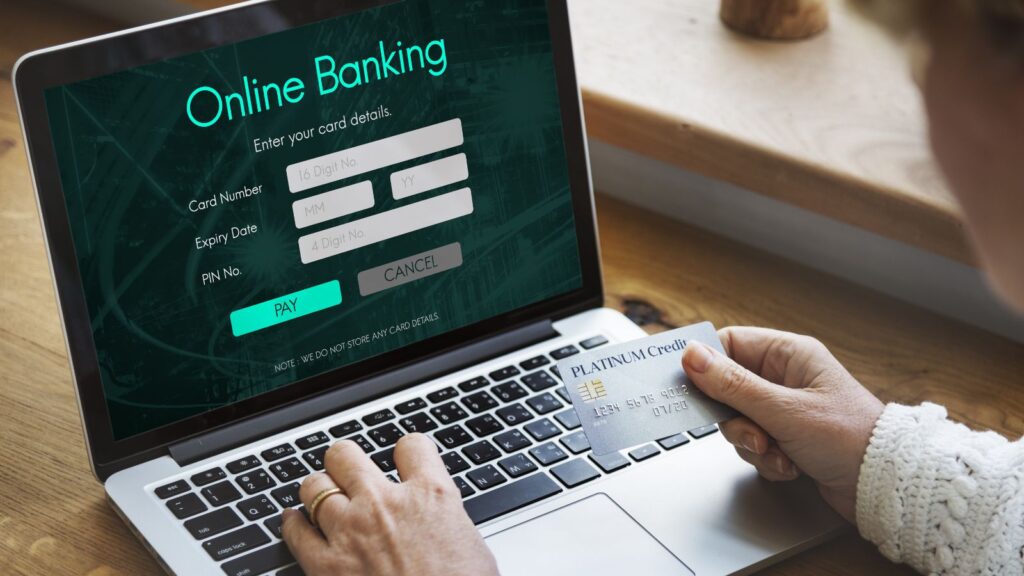
Online banking is a quick and easy way to manage your finances, transfer money and make payments, but some customers are still withdrawing large amounts of cash. Banks are urging customers to consider the benefits of embracing digital banking, particularly as electronic transfers reduce the need to carry cash and provides a secure, traceable way to manage your finances.
Rushing Through the Transaction
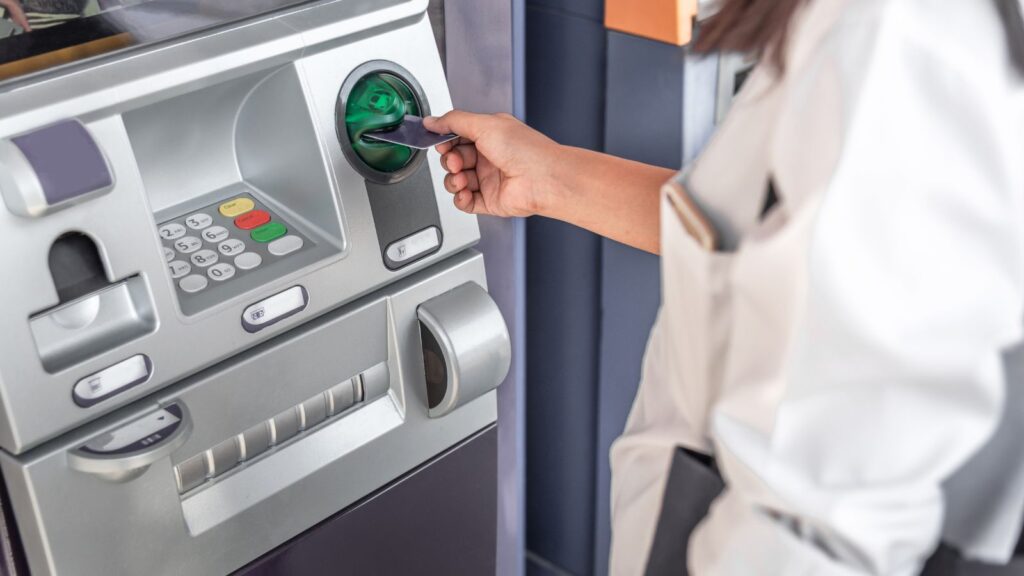
Rushing through a cash withdrawal can lead to mistakes such as leaving your card in the ATM or forgetting to take your cash, which, believe it or not does happen frequently. Take time to complete each step of the transaction correctly and double-check you have your card, cash, and receipt before leaving the ATM.
Ignoring Account Balance
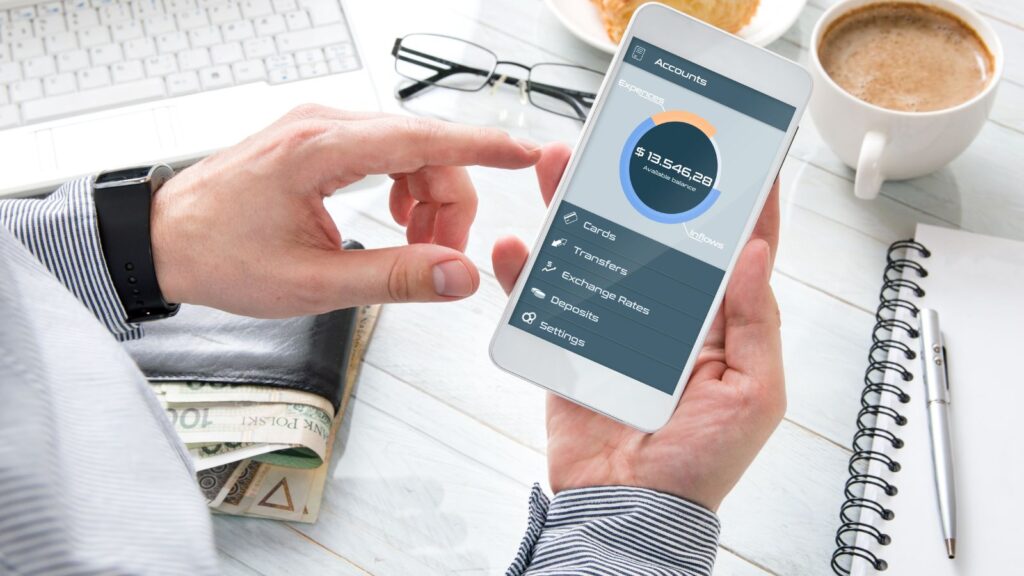
It’s important to know how much money you have in your account before making a withdrawal as you risk going in to your overdraft and incurring fees. Always check your balance through your online banking service or by viewing your balance at the ATM. This simple step can help you avoid costly fees and manage your finances effectively.
Not Talking to Your Bank
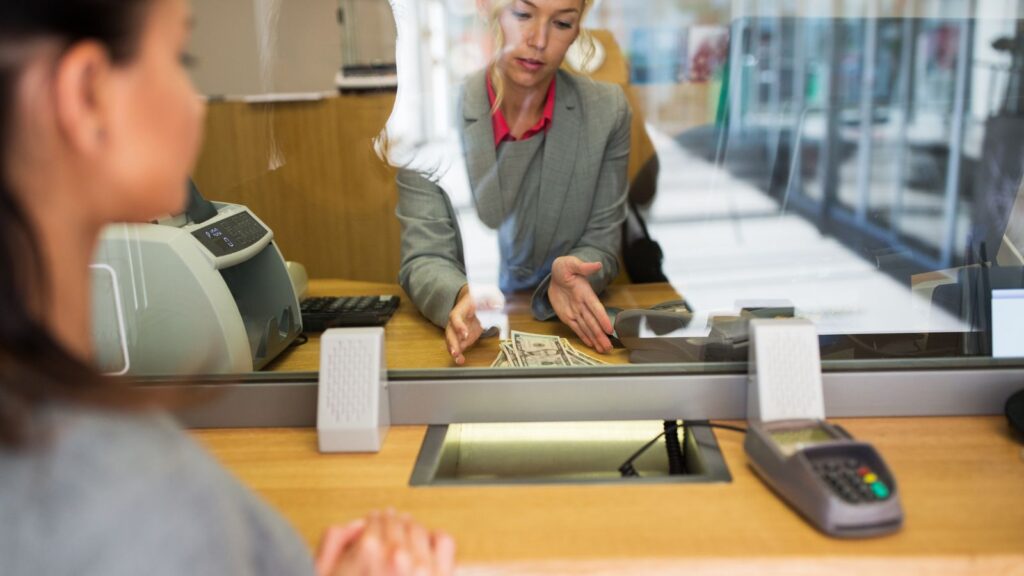
If you plan to make a large withdrawal, it’s wise to inform your bank in advance. Speaking your bank will make sure sufficient funds are available and avoid potential holds on your account. Communication with your bank can also help you understand any requirements or limitations that might apply to your request, such as what ID is required and what denominations you require.
Not Considering Alternative Payment Methods
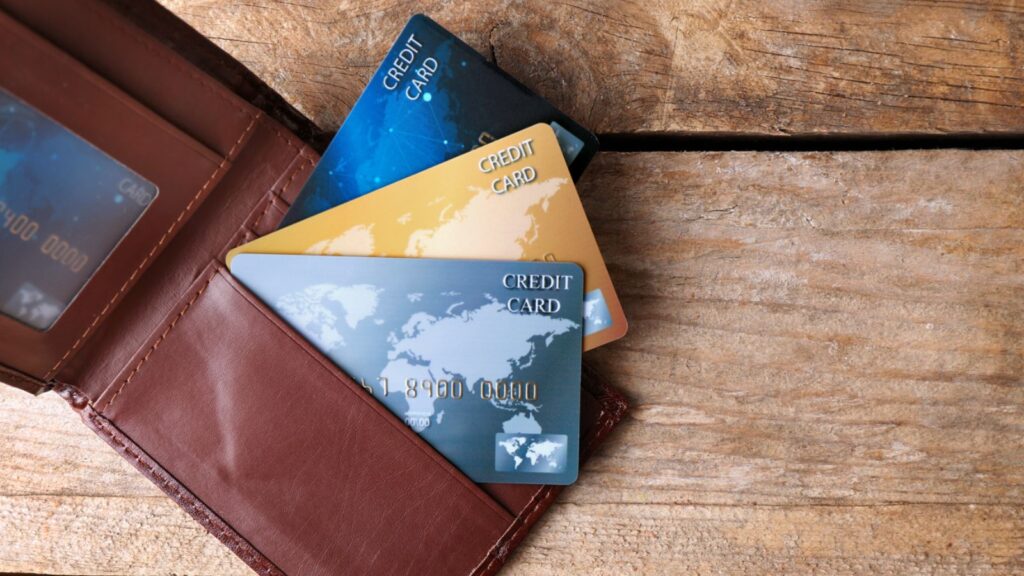
Debit and credit card transactions are commonplace in the modern world, negating the need to withdraw large sums of cash. Some stores also accept mobile payment options and electronic transfers for your convenience. These methods often come with fraud protection and reduce the need to carry large sums of cash, enhancing your financial security.
Overlooking the Importance of Receipts
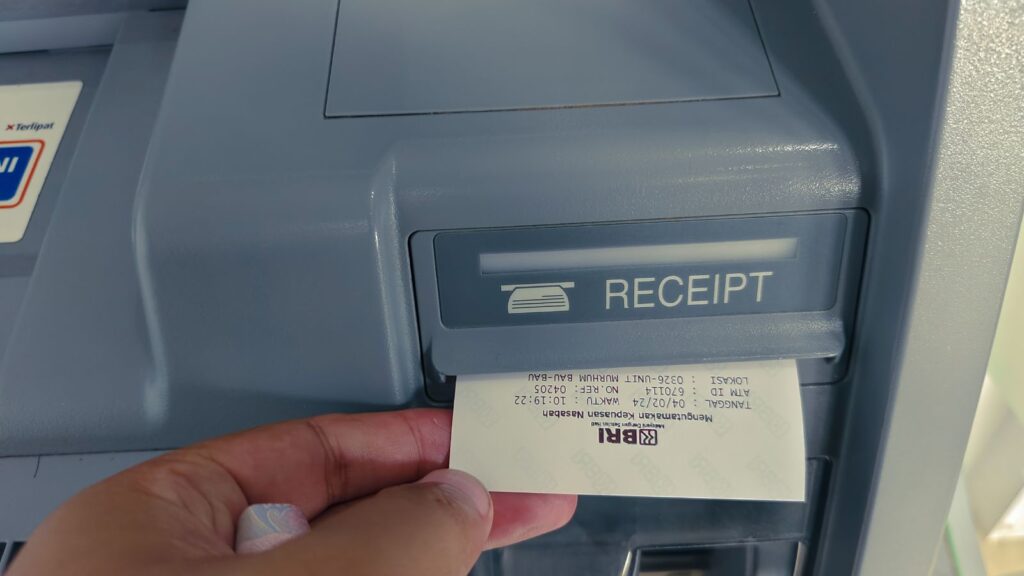
Always take and keep the receipt after making a withdrawal so you have evidence if anyone were to query your finances. Receipts serve as a transaction record and can be useful if any discrepancies arise. Comparing receipts with your bank statements helps ensure all transactions are accurate and accounted for.
Using Unfamiliar ATMs
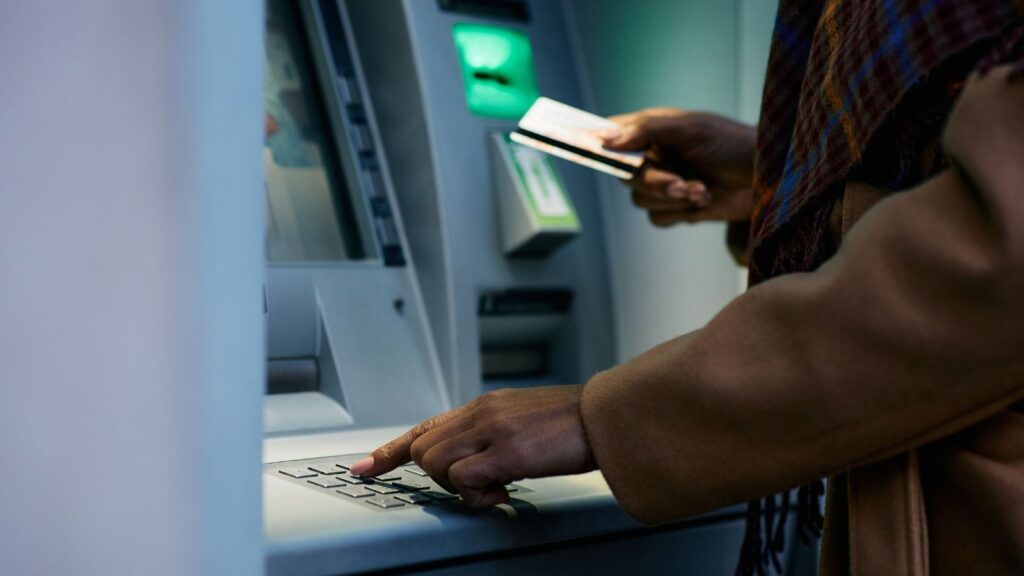
Using unfamiliar ATMs, especially those not affiliated with your bank, can expose you to higher fees and security risks. Stick to ATMs within your bank’s network or in secure, well-known locations to minimize fees and enhance security.
Not Reviewing Your Bank Statements
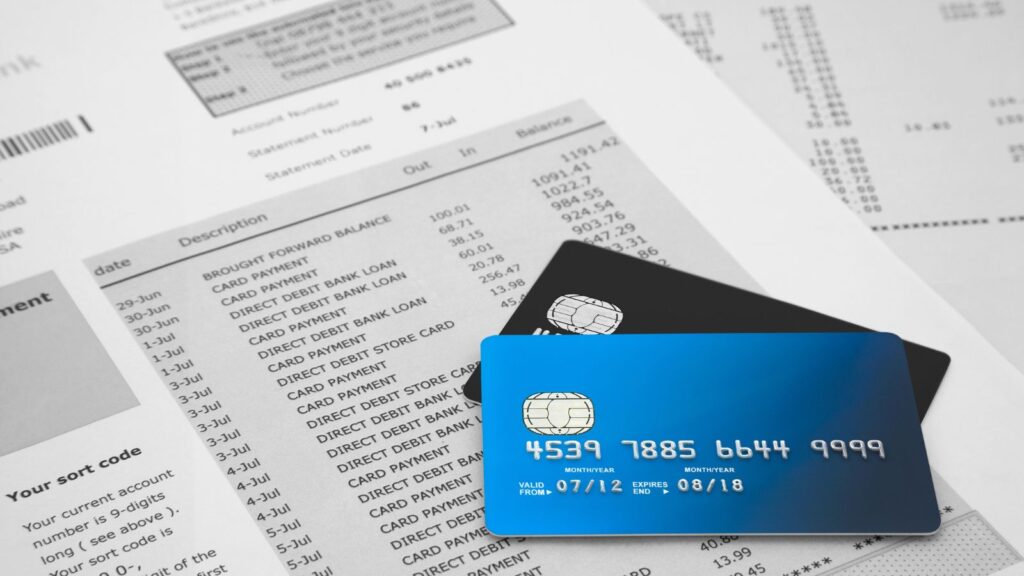
Reviewing your bank statements helps you spot unauthorized transactions so you can call your bank to report an error or a suspected fraud. Make it a habit to check your statements for accuracy, paying note to smaller transactions that thieves hope you won’t notice.
Not Having a Joint Account

Having a joint account can help couples manage cash more efficiently. According to a CNBC report, 39% of couples have a joint bank account to manage their finances, usually for paying bills that both parties are responsible for. Joint accounts allow multiple parties to access funds as needed, providing convenience and flexibility.
Failing to Plan for Emergency Cash Needs
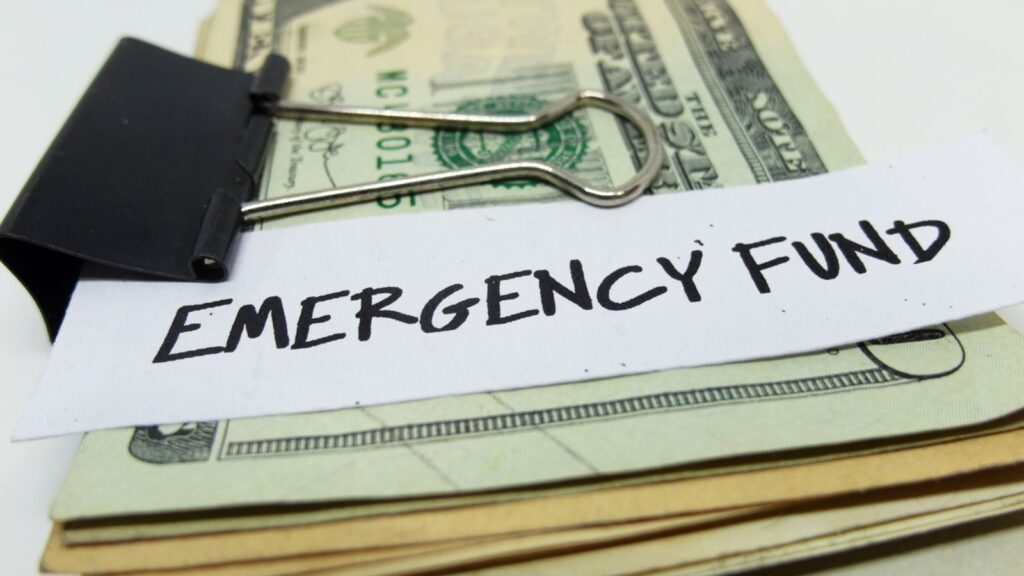
Emergency cash funds can prevent last-minute rushes to the bank and gives you peace of mind that you always have money when you need it. Banks also encourage customers to have an emergency funds account for times when finances could be trained, such as needing to take time off work. Chase Bank advises its customers to have a 3-6 month fund to cover all emergencies.
Not Utilizing Bank Services for Large Withdrawals
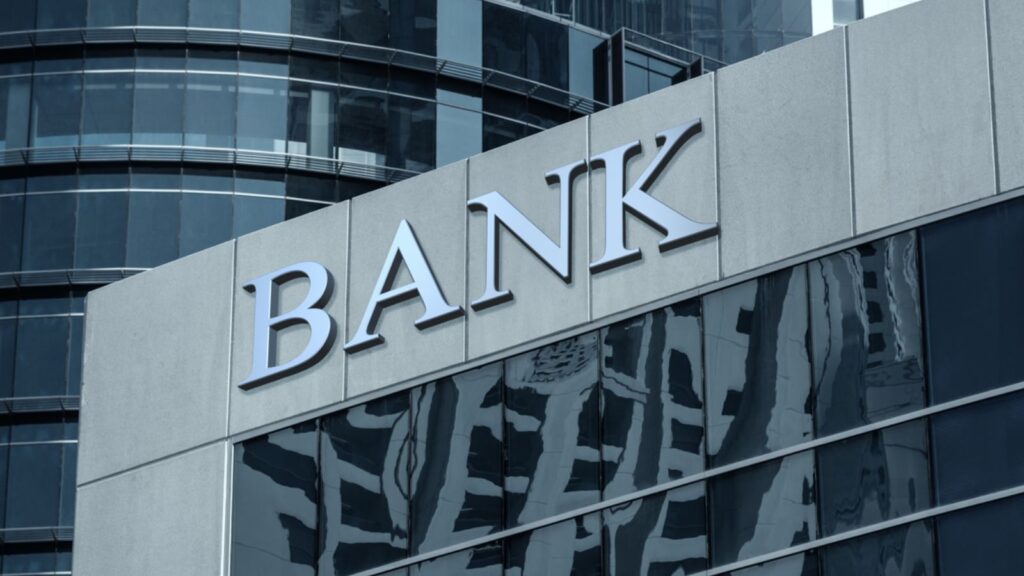
Banks often provide special security services to ensure safety and convenience when making large withdrawals. Speak to your bank about what you need and they can talk you through the options available, such as scheduled appointments or armored car services, that handle significant withdrawal safely.
Getting Bills Too Large
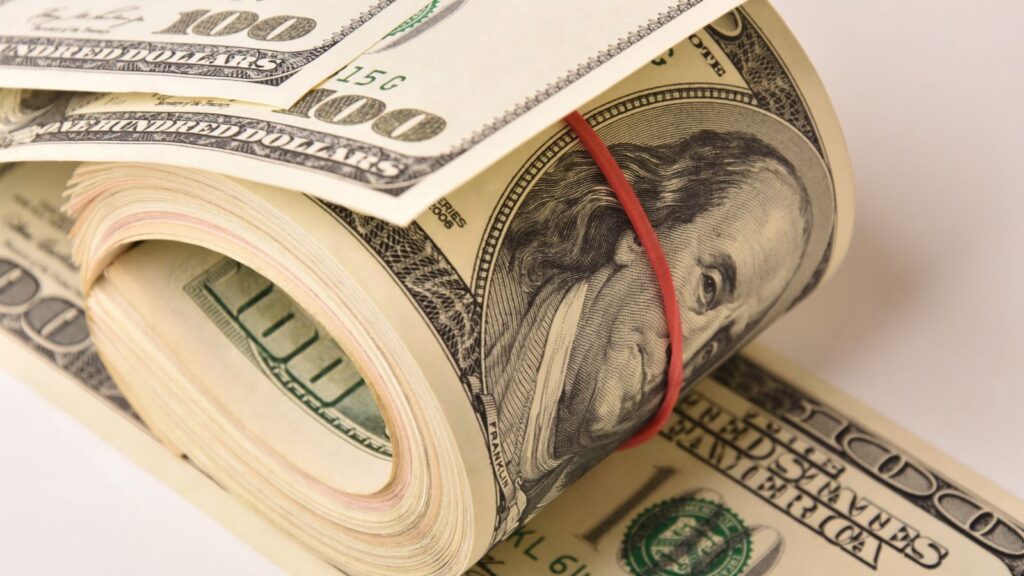
Requesting large bills during a withdrawal can be a problem as large notes are harder to break for small transactions and may pose a security risk if lost or stolen. Opt for smaller notes to make everyday transactions more manageable and to reduce the chances of stores being cautious about taking high-value bills.
Requesting New Bills Every Time
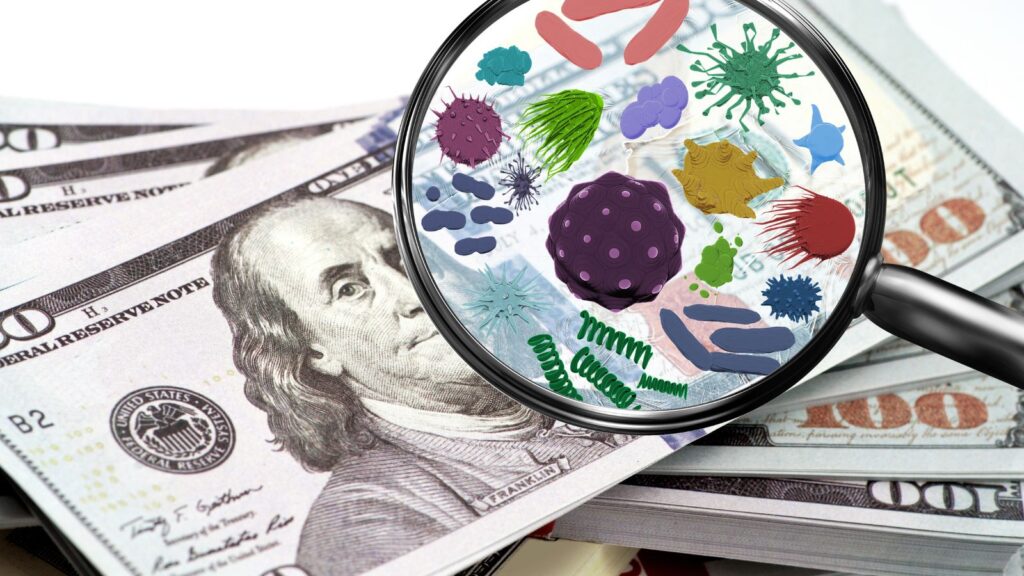
Studies in NPR suggest that over 3000 types of bacteria are on bank notes. This means that many people request crisp new banknotes when they wire money. While this is understandable to some extent, it isn’t possible for tellers to always give out new notes. Washing your hands after handling notes is the best way to avoid issues with bacteria.
Requesting the Wrong Amount
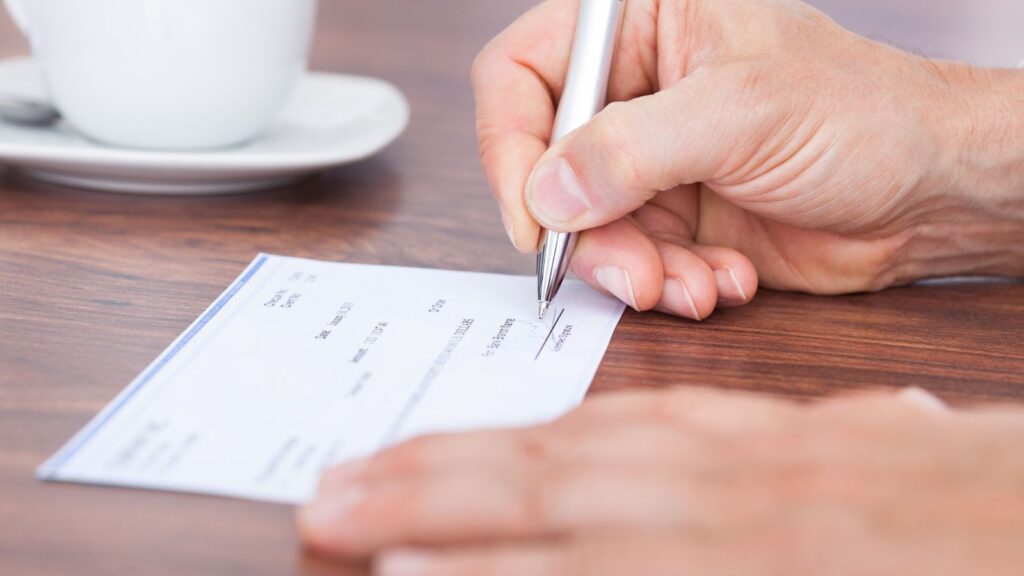
Although it’s tedious to double-check numbers to make sure you are withdrawing the correct amount, but taking a few moments to slow down and verify can save you significant time and hassle later on.
19 Grim Realities of Dating After 50 That Are Often Overlooked

19 Grim Realities of Dating After 50 That Are Often Overlooked
26 Things That Will Be Extinct Because Millennials Refuse to Buy Them

26 Things That Will Be Extinct Because Millennials Refuse to Buy Them
24 Outdated Slang Terms You Absolutely Shouldn’t Be Using Anymore

24 Outdated Slang Terms You Absolutely Shouldn’t Be Using Anymore
25 Hardest Parts About Getting Older That No One Ever Talks About

25 Hardest Parts About Getting Older That No One Ever Talks About





